Fuel Safety
From the Blog
-
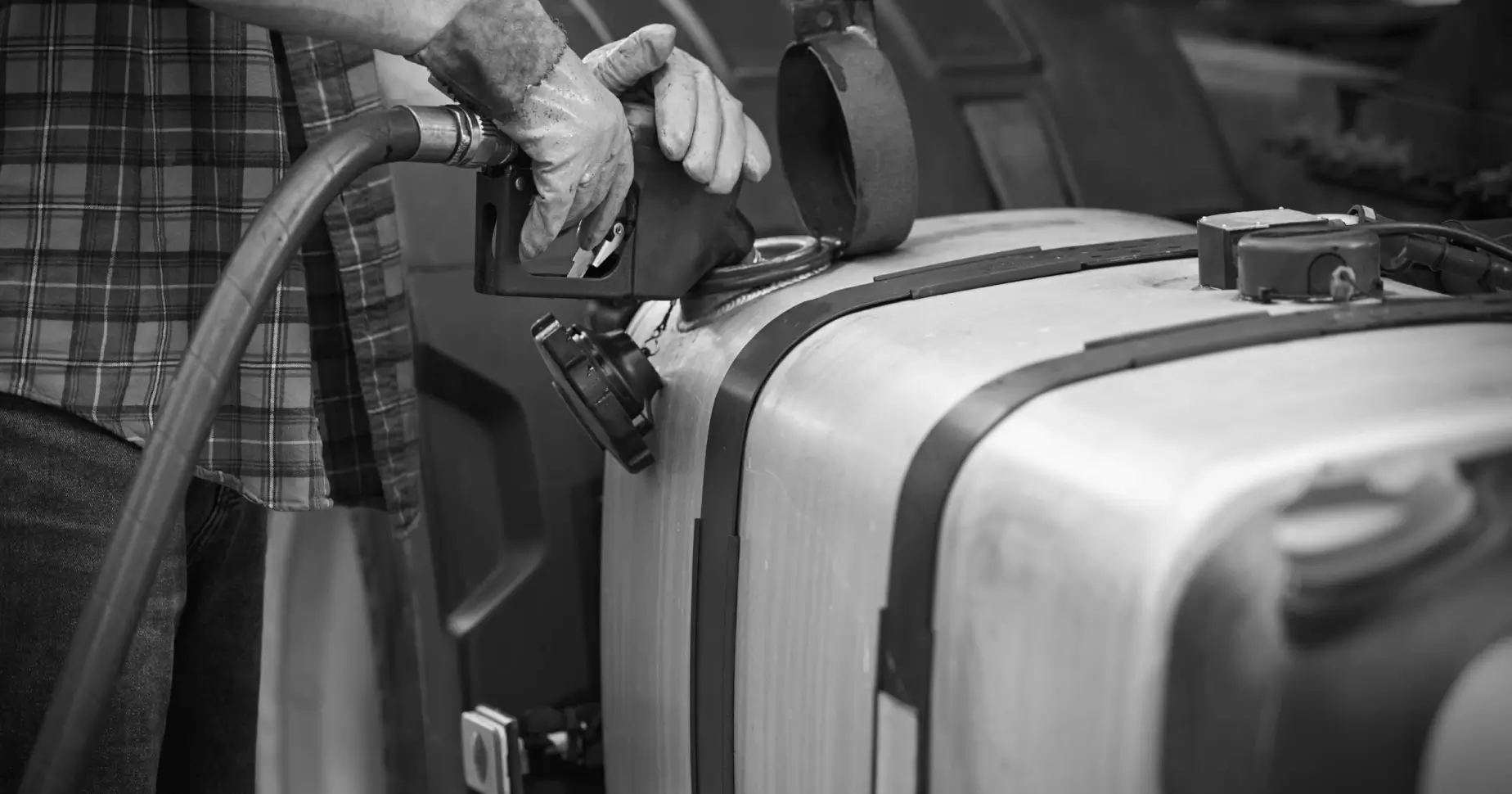
Fuel Delivery Safety: Prevent Accidents During Fuel Transfers
Washington County recently experienced an explosion during a propane delivery. This incident demonstrates the clear risks that come from unsafely managing fuel transfers and highlights the critical necessity of following precise fuel delivery safety guidelines. The fundamental requirements for secure fuel services include proper handling, regular equipment maintenance, and a safety-focused workplace culture. As a…
-
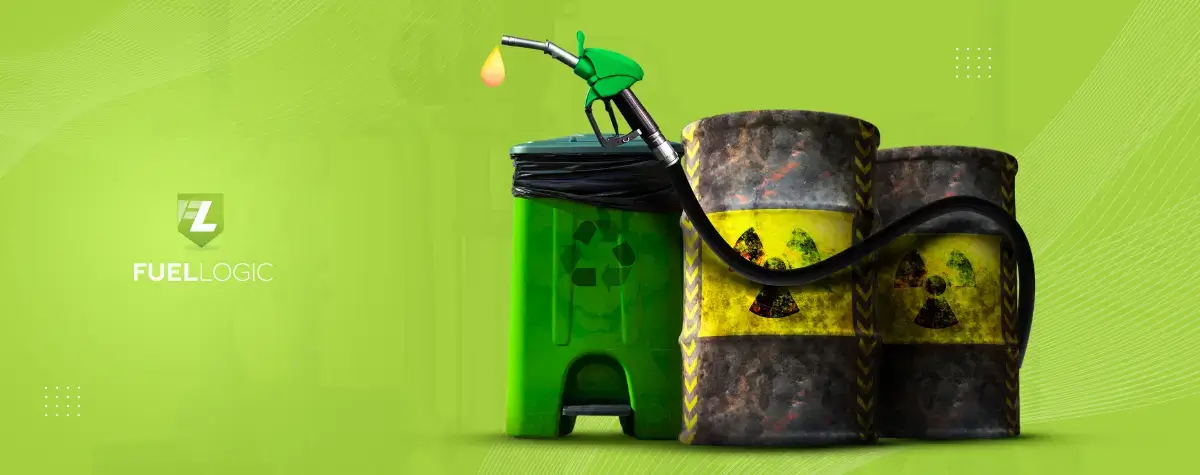
Fuel Blending: Blended vs Unblended Fuels Explained
Fuel blending, the process of combining different fuels, impacts engine performance, environmental footprint, and cost-efficiency. From conventional fossil fuels to emerging renewable alternatives, the landscape of fuel options continues to evolve, propelled by technological advancements, regulatory frameworks, and shifting consumer preferences. Blended fuels, like ethanol-gasoline mixes, offer improved combustion, enhance engine efficiency, and reduce emissions…
-
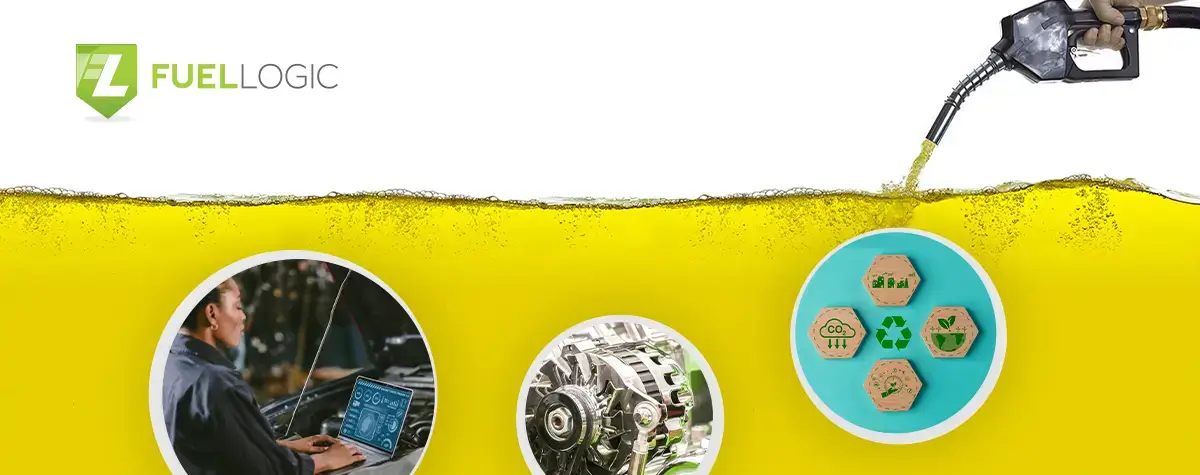
What Is Quality Fuel and Why Is It Important?
From gasoline to diesel, fuel quality plays a critical role in the operation of vehicles, machinery, and equipment. It encompasses various factors such as purity, energy content, absence of contaminants, and compliance with regulatory requirements. In various industries, the use of high-quality fuel is essential for ensuring the efficient operation of processes and equipment. Reliable fuel quality…
-

Common Diesel Exhaust Fluid Problems | Ultimate Guide
DEF is a key component in the automotive industry’s efforts to make diesel-powered vehicles more environmentally friendly. The most common DEF issues include low fluid levels, freezing, contamination, and malfunctions in the pump or injectors. Many countries and regions have implemented rigorous emission regulations to address air quality concerns. DEF enables diesel engines to comply…
-
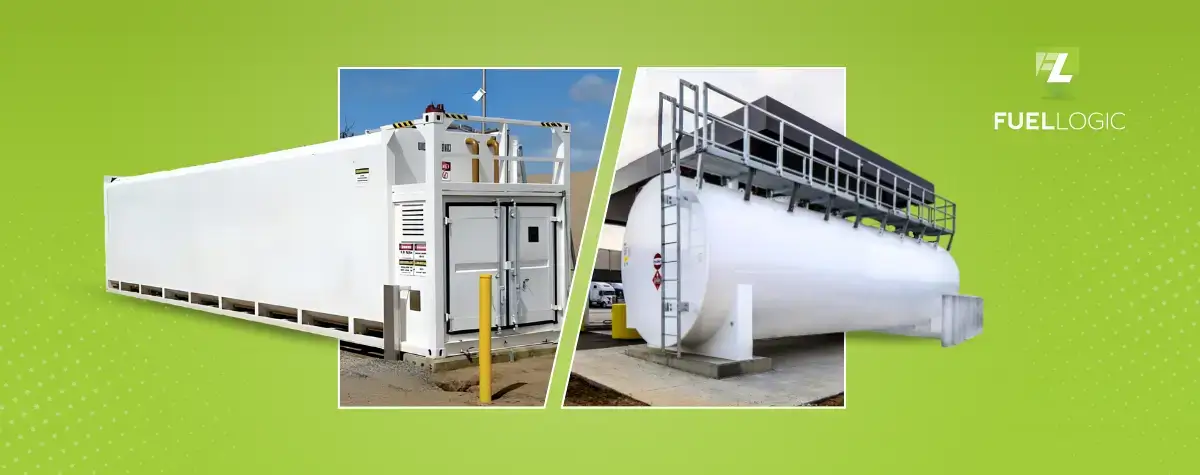
Cube Style or Cylindrical Fuel Tank: What’s the difference?
Selecting the right fuel tank is crucial for various applications as it directly impacts efficiency, safety, and cost-effectiveness. When comparing cube style or cylindrical fuel tanks, several factors come into play, with considerations such as space, cost, and specific usage requirements playing a significant role. Although cylindrical tanks are being predominantly used in the industries, cube…
-
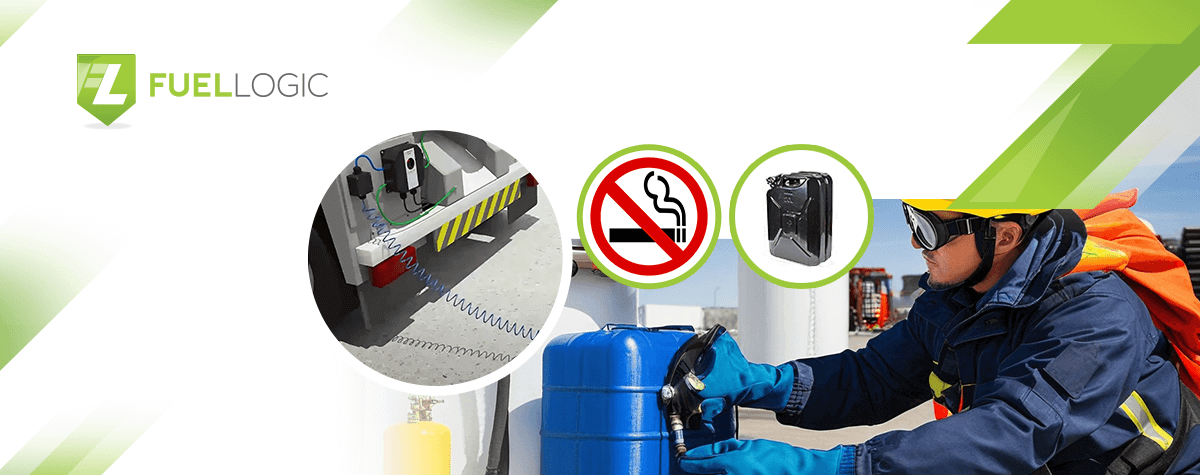
Fuel Safety Precautions and Guidelines for Handling Fuel Safely
Handling, storing, and moving fuel is a regular part of many industries, including various fleet companies and the agriculture sector. Fuel safety includes keeping away from ignition sources, using containers correctly, and ensuring proper ventilation. Gasoline and similar fuels can easily catch fire because they are highly flammable. So, following safety guidelines is crucial to…
